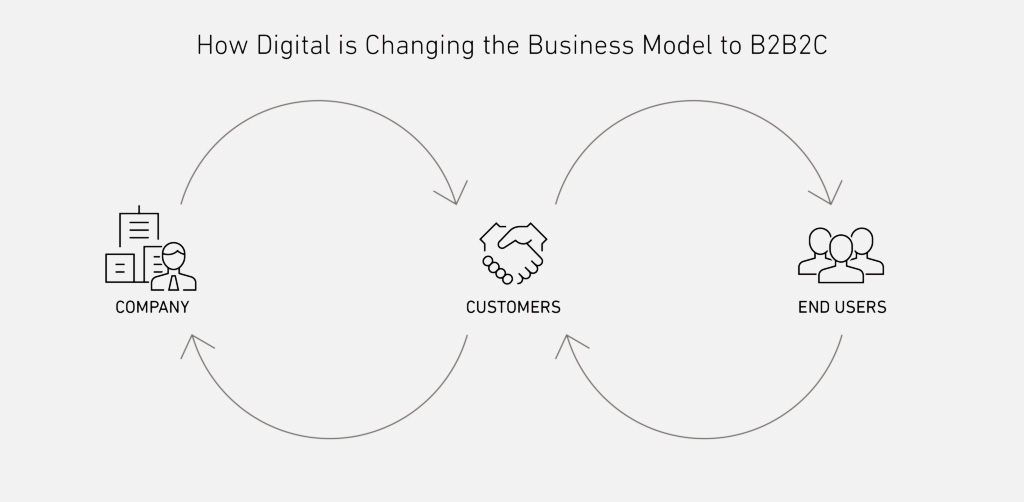As the customer engagement landscape continues to shift, business as usual in today’s healthcare and medical technology firms is no longer adequate. To be sure, healthcare product and medical device companies are moving into services that support products, and are increasingly using digital technology to drive them forward. At the same time, industry analysts foresee healthcare providers making significant investments in digital technology that improves member (patient) experiences and increases growth.
Industry analysts see healthcare CIOs leveraging AI (artificial intelligence), automation software, CRM, analytics and mobile to help drive revenue and profitable patient growth. AI also helps companies improve decision-making efficiency by gathering insights from vast data pools. The data generated can help companies better understand their customers — knowledge that ultimately leads to improved products and services.
Nerdery, for instance, is helping medical device companies transform ecosystems by adopting new methods of selling and connecting to end customers through redefined customer experiences, and building services to complement medical product offerings.
Business customers and patients want to interact digitally more than ever, which is driving the growth of services while generating new revenue models. In healthcare, for example, digital is supporting everything from the optimization of patient flow to the ability to train and treat in virtual environments.
Once more, mobile applications connected to devices help consumers (patients) keep tabs on their well-being, which in turn, provides physicians with information that improves outcomes and saves time. For example, with the help of connected diabetes devices, patients and doctors can easily monitor glucose levels through mobile apps and make insulin adjustments in real-time.
Biometric technologies are also removing friction from simple processes such as picking up prescriptions at your local pharmacy. A facial scan or fingerprint are linked to your prescription and bank or credit card account. One easy scan and you’re on your way with prescriptions in hand.
Consumers living in the country’s rural areas are also benefiting from advances in telemedicine. Small town hospitals naturally have a shortage of specialists such as cardiologists, neurologists and others, but with the help of technology, doctors hundreds of miles away can make virtual house-calls on patients requiring specialized care.
Healthcare and med-tech businesses are also embracing augmented and virtual reality technology to help train physicians to perform complicated procedures and test products with real-world authenticity. The growing importance of digital tech within these businesses has also attracted a legion of non-health-related firms, including the likes of Apple, Amazon and Google. Many of these companies are making significant investments in AR, VR and artificial intelligence, which have applications across multiple industries. Yes, it seems the companies that continue to invest in digital tech or acquire the expertise through other means, is one of the keys to innovation, competitive advantage and growth. The other key? An unrelenting focus on the consumer.





